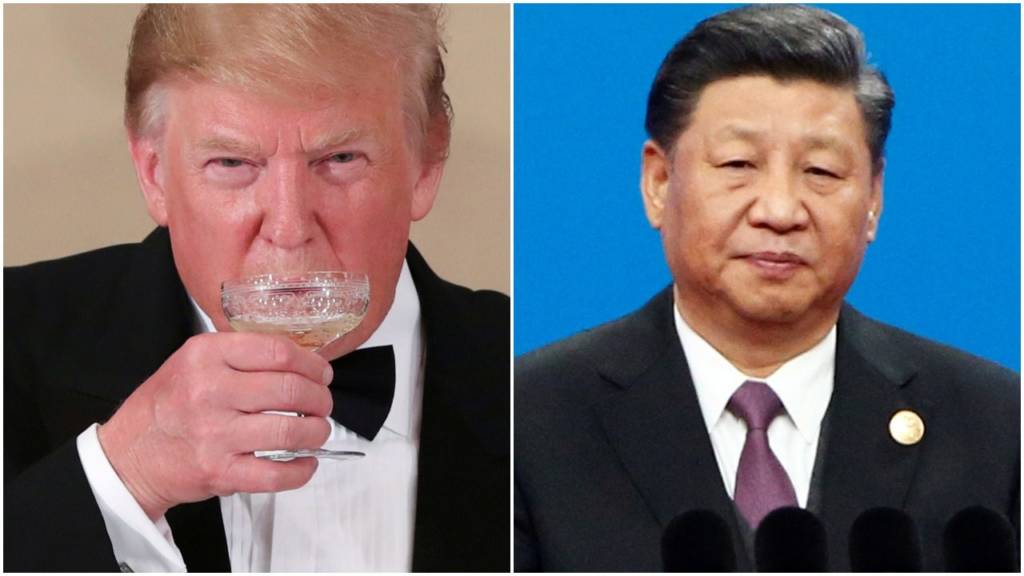In order to kill the Chinese technology sector altogether, the Trump administration has decided that it will not allow the country to develop domestic capacity in semiconductor manufacturing. After the ban on the sale of semiconductors manufactured on American secretive design to China, the US government has said that it will ‘blacklist’ Semiconductor Manufacturing International Corporation (SMIC), the largest Chinese semiconductor manufacturer.
The Entity List, managed by the US Department of Commerce, has become Trump’s favourite weapon against Chinese companies, and so far, the Trump administration has put more than 300 Chinese companies in the list, including those involved in human rights violations in Xinjiang and building of a controversial island in the South China Sea.
The Chinese semiconductor sector, although, has a huge production capacity, and is dependent on American companies for critical software support. After the US put a ban on the sale of semiconductors to Chinese entities, the Communist government decided to pour billions of dollars to become self-reliant in the sector, but the development is still in a very nascent stage.
SMIC, the largest semiconductor manufacturer in China, was founded in 2000 as a private company but the share of the country’s state-owned companies grew over the period of time. And, as of 2018, the Chinese state controls around 45 percent stakes in SMIC which became a crucial supplier to Chinese armed forces.
The blacklisting of the company, which means exports to the company will undergo heavy scrutiny and are very unlikely to get clearance, will ensure the collapse of Chinese tech prowess as Semiconductors are the most essential equipment for any electronic device.
Previously, Huawei, the largest Chinese technology giant with annual revenue of more than 120 billion dollars, said that its “survival” is at stake after USA’s semiconductor (chip) export restrictions on the company. “We will now work hard to figure out how to survive,” said Guo Ping, rotating chairman, at Huawei’s annual analyst conference. “Survival is the keyword for us now.” The company is also mulling over exit from the Smartphone market since Trump imposed a ban on semiconductor exports to the company.
Now SMIC is set to meet the same fate after blacklisting by the American government. Most of the Chinese technology companies are copycats of their American counterparts and theft of American intellectual property. So China has a Baidu search engine modelled after Google, Alibaba modelled after Amazon, Tencent modelled after Facebook so on and so forth. These companies are dependent on American giants in one or the other way for software innovations or hardware equipment, and could not survive for long without the American support.
Therefore, once America pulls out and puts a ban on the use of equipment and services developed by American companies, the Chinese technology industry would collapse like a house of cards.
A technology war has started between the US and China, as rightly argued by Global Times, the mouthpiece of Chinese Communist Party, but with all consumer electronics and technology giants like Taiwan, South Korea, and Japan on American side, it is not hard to predict who will win in this war.
